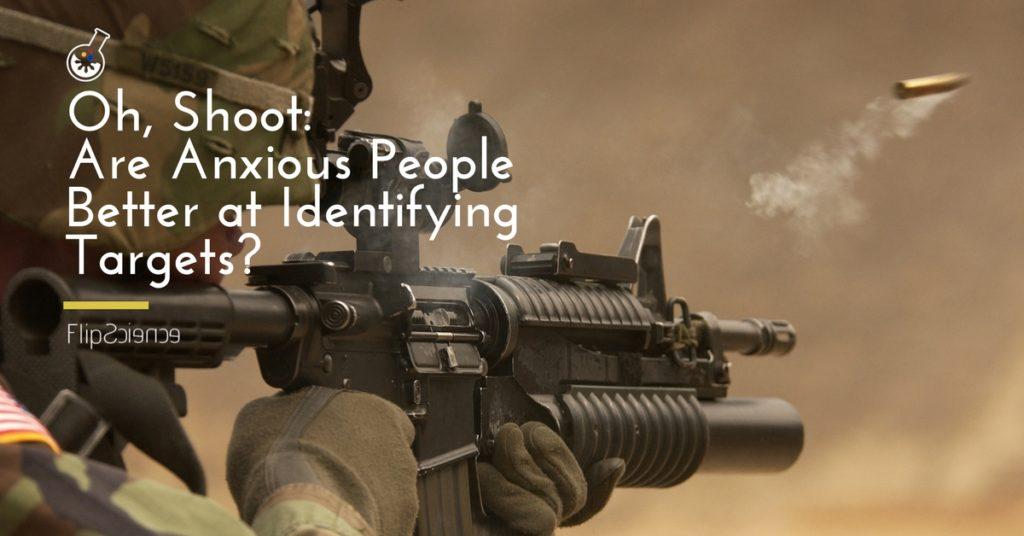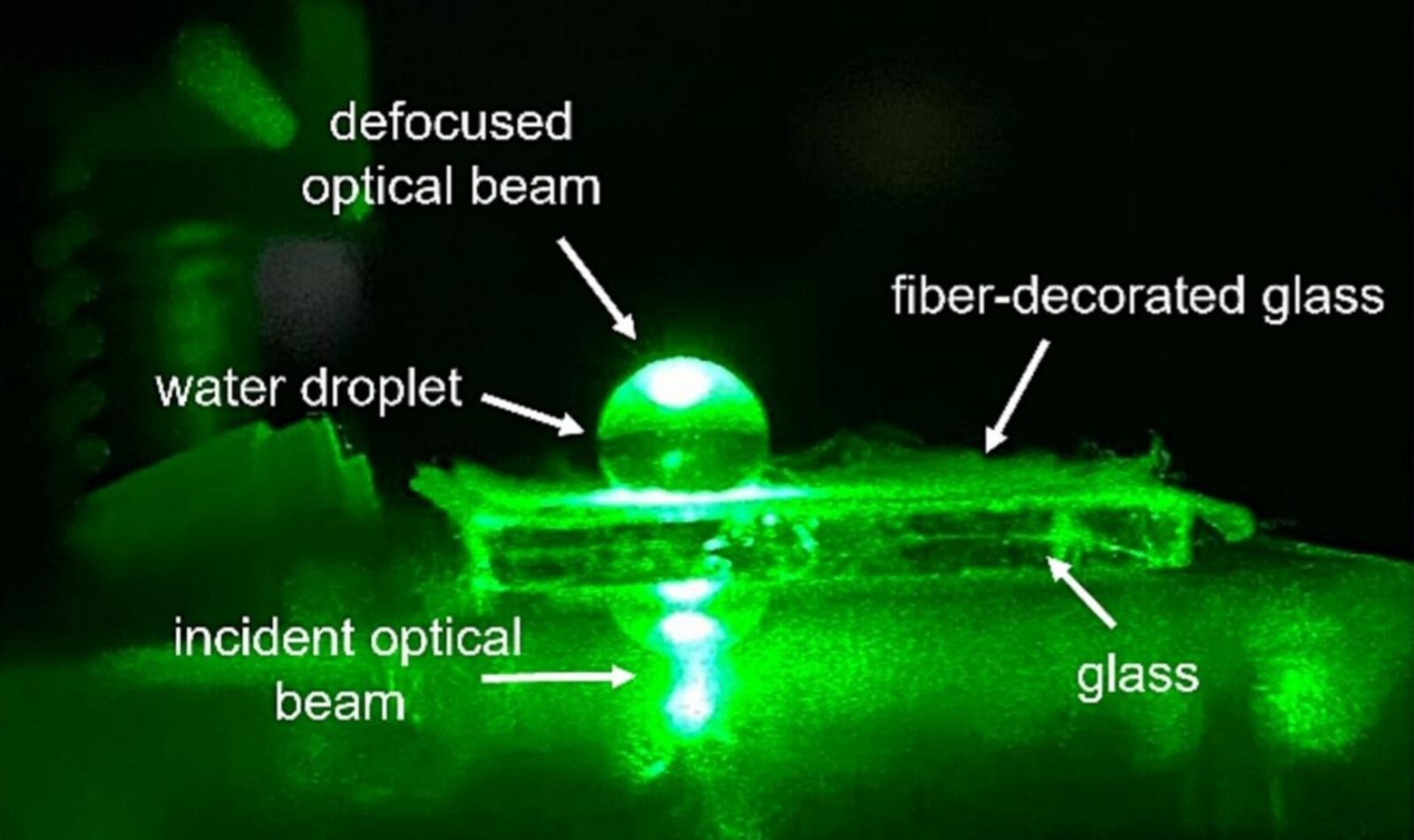It’s logical to think that anxiety causes more harm than good when it comes to accomplishing tasks. However, a newly published study in the European Journal of Social Psychology suggests otherwise.
Anxiety? Attack!
The researchers studied the behaviors of 38 men and 52 women from Israel via the augmented reality (AR) iPad game Real Strike. The app adds a rifle-like sight to the device’s camera and allows users to virtually shoot objects in the real world.
The participants were informed that the study was about spatial detection ability. They received instructions to shoot at a group of targets who ran between obstacles on a basketball court. The catch: They were only supposed to shoot targets who were holding a gun. To make things more challenging, the targets occasionally ran between the obstacles holding other objects.
Based on the researchers’ findings, anxious individuals appear to be better at distinguishing friends from foes when it comes to identifying targets. This improved performance, however, was only observable in certain scenarios.
“I had indications from previous research that attachment anxiety is linked with better ability to detect various threats,” explained study author Tsachi Ein-Dor,who comes from the Interdisciplinary Center Herzliya. “People high in attachment anxiety are usually stressed and over-reacting, however. What I wanted to examine is their performance in shooting decisions – would they, and not calm and secure people, be better at making accurate shooting decisions?”
The participants also completed a questionnaire on their experiences with having close relationships. This gave researchers a measure of attachment anxiety and attachment avoidance for the group.
Taking the shot
Based on the results, participants who were high in attachment anxiety and low in avoidance were more accurate in detecting threats. Their accuracy in shooting people with guns was noticeably higher than the other group as well. Furthermore, they also took fewer shots at people holding non-gun objects.
“The average person should take away from our study that personality should be appraised in the correct context,” Ein-Dor told PsyPost. “Being anxious is often appraised as maladaptive. We have shown that contrary to the common thought, calmness is maladaptive in the context of shooting decisions, whereas anxiety is adaptive.”
Ein-Dor clarified that they did not manipulate their subjects’ anxiety levels for this Sunday. Thus, they could not say for certain that anxiety causes more accurate shooting decisions. However, Ein-Dor maintained that, based on their data, a link does exist between the former and the latter.
The researcher stressed that people should not assess their personality as “good” or “bad” based solely on the study.
“Each personality disposition has its advantages (and disadvantages). Hence, people need to search for the context in which their personality would succeed, and this context might be elusive and counter-intuitive at times (who thought that anxious people and not secure people would be better at shooting decisions?).”
Ultimately, the study requires replication and more supporting articles before the researchers could move towards a more definitive conclusion regarding the issue. –MF

Author: Tomas Pedrosa
A graduate of Information Design, a versatile writer, and an avid gamer, Tomas prides himself in his willingness to gain new experiences and perspectives, and to apply what he learns in his other pursuits. Curiosity, interest, and obsession—these are the mile markers that keep him going down his road.






